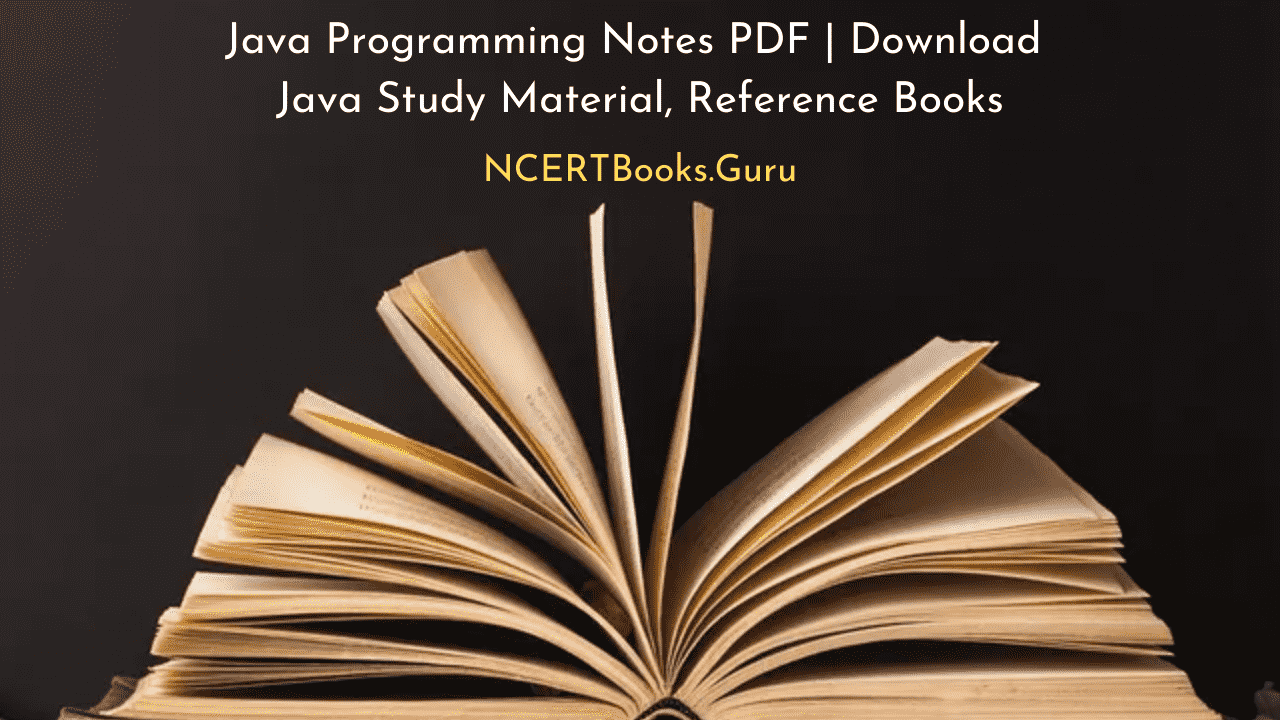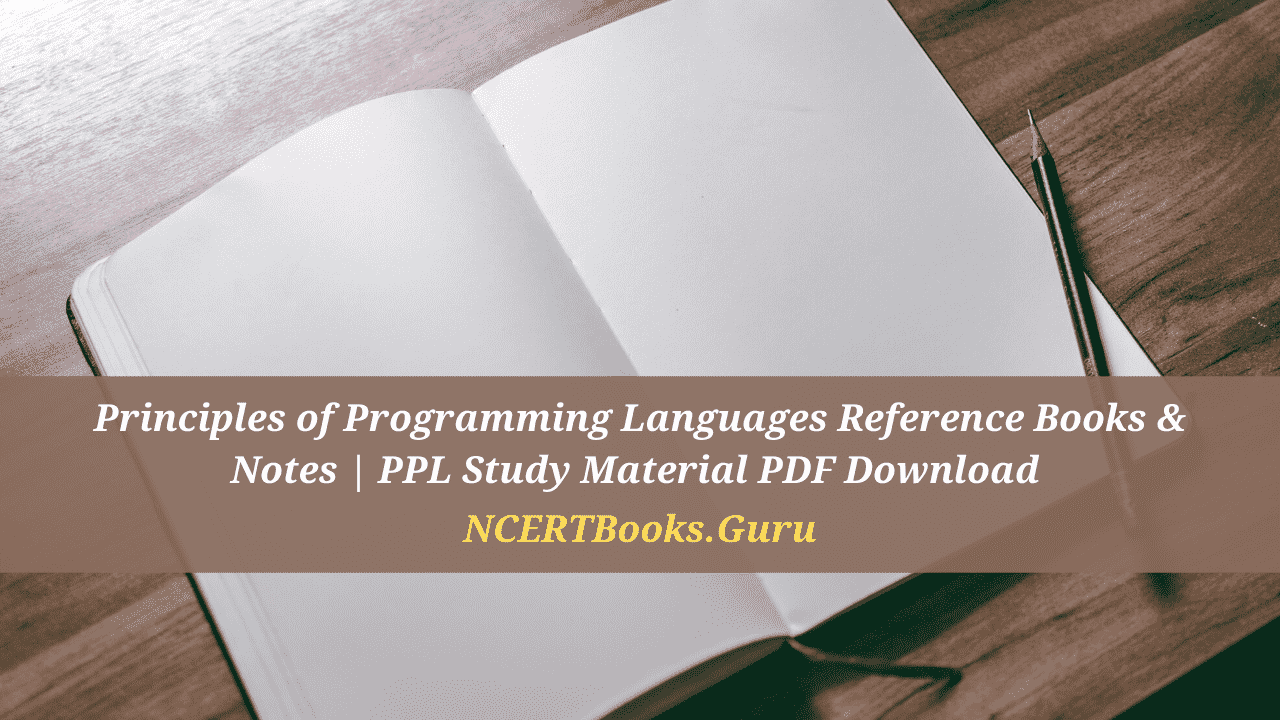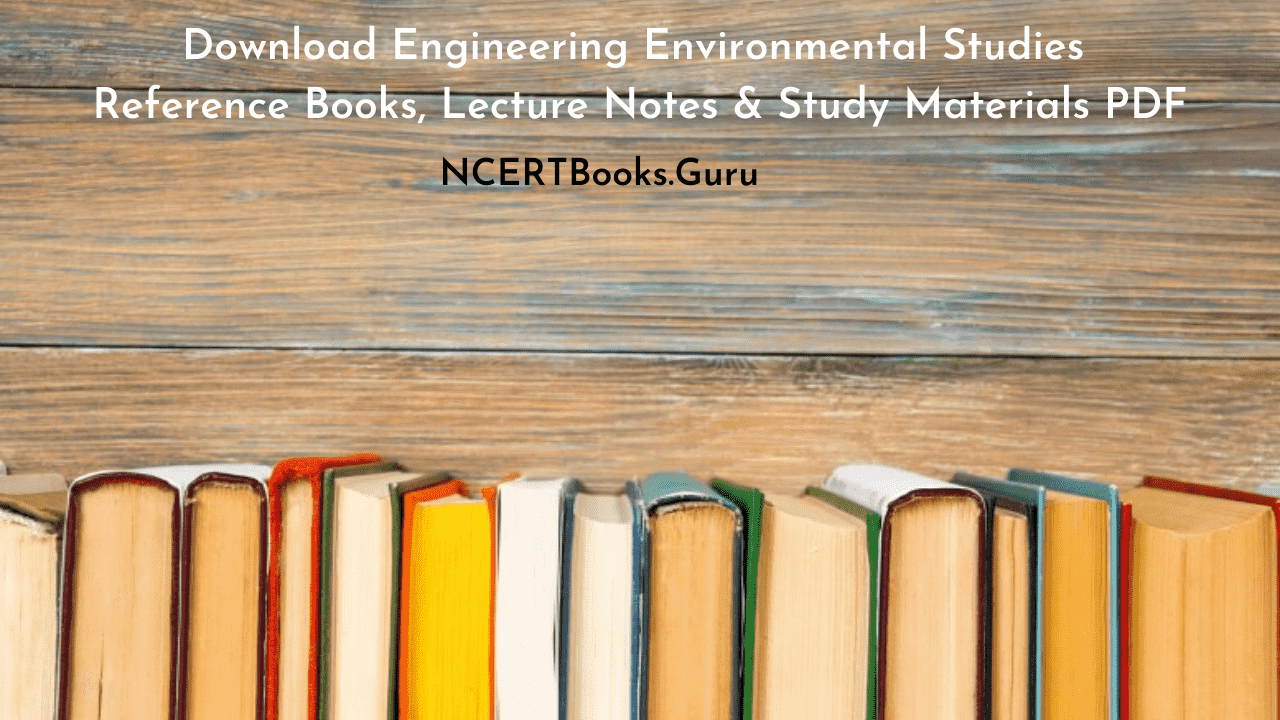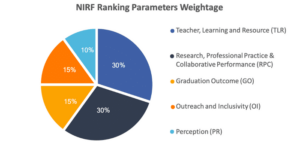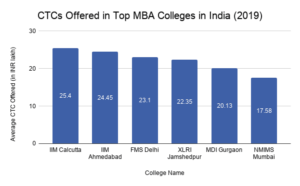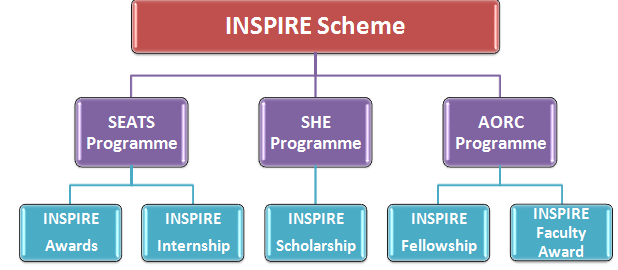Java Programming Notes: Are you guys looking for Java Programming Preparation related resources? Don’t panic as you have come the right way and we will give you all that you need for preparation such as Study Materials, Lecture Notes for absolutely free of cost. To help you in the process of learning programming we have compiled Java Programming Syllabus, Study Materials, Reference Books suggested by experts, and Important Questions List.
Access the quick links available on our page to view or download Java Programming Lecture Notes in PDF Format. You can use them during your preparation and go through the concepts thoroughly so that it becomes easy for you to clear the exam.
- Java Programming Notes PDF Free Download
- Java Programming Syllabus
- List of Java Programming Reference Books
- Java Programming Questions List
- How can I download notes directly in PDF format for Java Programming?
- What is the best way to learn Java Programming?
- Where can I find the Best Java Programming Reference Books?
About Java Programming
Java Programming introduces computer programming using the Java Programming Language with object-oriented programming principles. You will get to know about OOP’s Concepts, Classes, and Objects, Threads, Files, Applets, Swings, and Act. Emphasis is laid on Event-Driven Programming Methods including manipulating and creating objects, classes using Java for Network Level Programming, and Middleware Development.
Java Programming Notes PDF Free Download
Aspirants can avail the Free PDF Download for Java Programming Notes through the quick links available. Make the most out of this premier study material and score better grades in the exam. In addition, we have provided the Previous Papers of Java Programming which you can use during your practice. Assess your learning abilities with the sample papers and concentrate on the areas you need are weak.
| Java Programming Notes PDF | Download |
| Java Programming Lecture Notes | Download |
| Java Programming Study Material | Download |
| Java Programming Questions PDF | Download |
| Java Programming PPT | Download |
Java Programming Syllabus
Java Programming Syllabus contains the topics and subtopics to be covered as a part of the curriculum. We have provided an overview of topics to be prepared during the learning process. Right from the basic one to detailed topic students can access the complete Java Programming Exam Syllabus. It is necessary that students pay attention to the syllabus at the beginning of the academic session itself so that you can prepare in accordance. Plan your studies in advance with the preparation resources available and score better grades in the exam.
Unit – I
Introduction to OOP, procedural programming language and object-oriented language, principles of OOP, applications of OOP, history of java, java features, JVM, program structure. Variables, primitive data types, identifiers, literals, operators, expressions, precedence rules and associativity, primitive type conversion and casting, flow of control.
Unit – II
Classes and objects, class declaration, creating objects, methods, constructors and constructor overloading, garbage collector, the importance of static keyword and examples, this keyword, arrays, command line arguments, nested classes.
Unit – III
Inheritance, types of inheritance, super keyword, final keyword, overriding an abstract class. Interfaces, creating the packages, using packages, the importance of CLASSPATH, and java.lang package. Exception handling, the importance of try, catch, throw throws and finally block, user-defined exceptions, Assertions.
Unit – IV
Multithreading: introduction, thread life cycle, creation of threads, thread priorities, thread synchronization, communication between threads. Reading data from files and writing data to files, random access file
Unit – V
Applet class, Applet structure, Applet life cycle, sample Applet programs. Event handling: event delegation model, sources of event, Event Listeners, adapter classes, inner classes
Unit – VI
AWT: introduction, components and containers, Button, Label, Checkbox, Radio Buttons, List Boxes, Choice Boxes, Container class, Layouts, Menu and Scrollbar
Check out a few other articles
List of Java Programming Reference Books
Most of the students think what to do to excel in the examination at the end minute. At any time during your preparation Books will let you win half the battle. We will help you overcome this situation by listing some of the reference books that you can use to prepare effectively for the exam. Follow the Java Programming Books suggested by experts and score max. marks in the exam.
- The complete Reference Java, 8th edition, Herbert Schildt, TMH.
- Programming in JAVA, Sachin Malhotra, Saurabh Choudary, Oxford.
- Introduction to Java programming, 7th edition by Y Daniel Liang, Pearson.
- Swing: Introduction, JFrame, JApplet, JPanel, Components in Swings, Layout Managers in
- Swings, JList and JScrollPane, Split Pane, JTabbedPane, JTree, JTable, Dialog Box.
Java Programming Questions List
Having an idea on the Java Programming Important Questions list is must as it helps you stand out from the crowd. Thus, we have compiled some of the Java Review Questions for B.Tech Students preparing for their exams. Read them thoroughly without fail and get benefitted in the final exam.
- What are the problems with procedure languages? How object-oriented languages overcome the problems of procedural languages?
- Give a brief note on Java Virtual Machine.
- How to share the data among the functions with the help of static keyword? Give an example.
- Give the naming conventions in Java.
- Write an example program to show the calling sequence of constructors.
- How to create packages and use them in java?
- What happens when the PrintWriter method receives a string type argument?
- Write a java program to display all odd-numbered files of a text file.
- Briefly, explain about the applet life cycle.
- Discuss one modern mechanism to handle events.
- Write a java program that computes the factorial of a number when you enter that number in the text field?
- Develop an example that illustrates how to create and display a label containing both an icon and a string.
FAQs on Java Programming Notes
1. How can I download notes directly in PDF format for Java Programming?
You can download the Java Programming Notes available in PDF Format through the quick links available on our page. Simply, click on the links and you will be directed to a new page containing the notes. Then, you can click on the download button and save the Java Notes PDF for future reference.
Final Words
I hope the information shed on our page has been beneficial to you in clarifying your queries. For any other info needed feel free to reach us via comment section so that we can revert back to you at the earliest possible. Stay connected to our site for more latest updates on Syllabus, Previous Papers, Course Details, Books & Notes.
